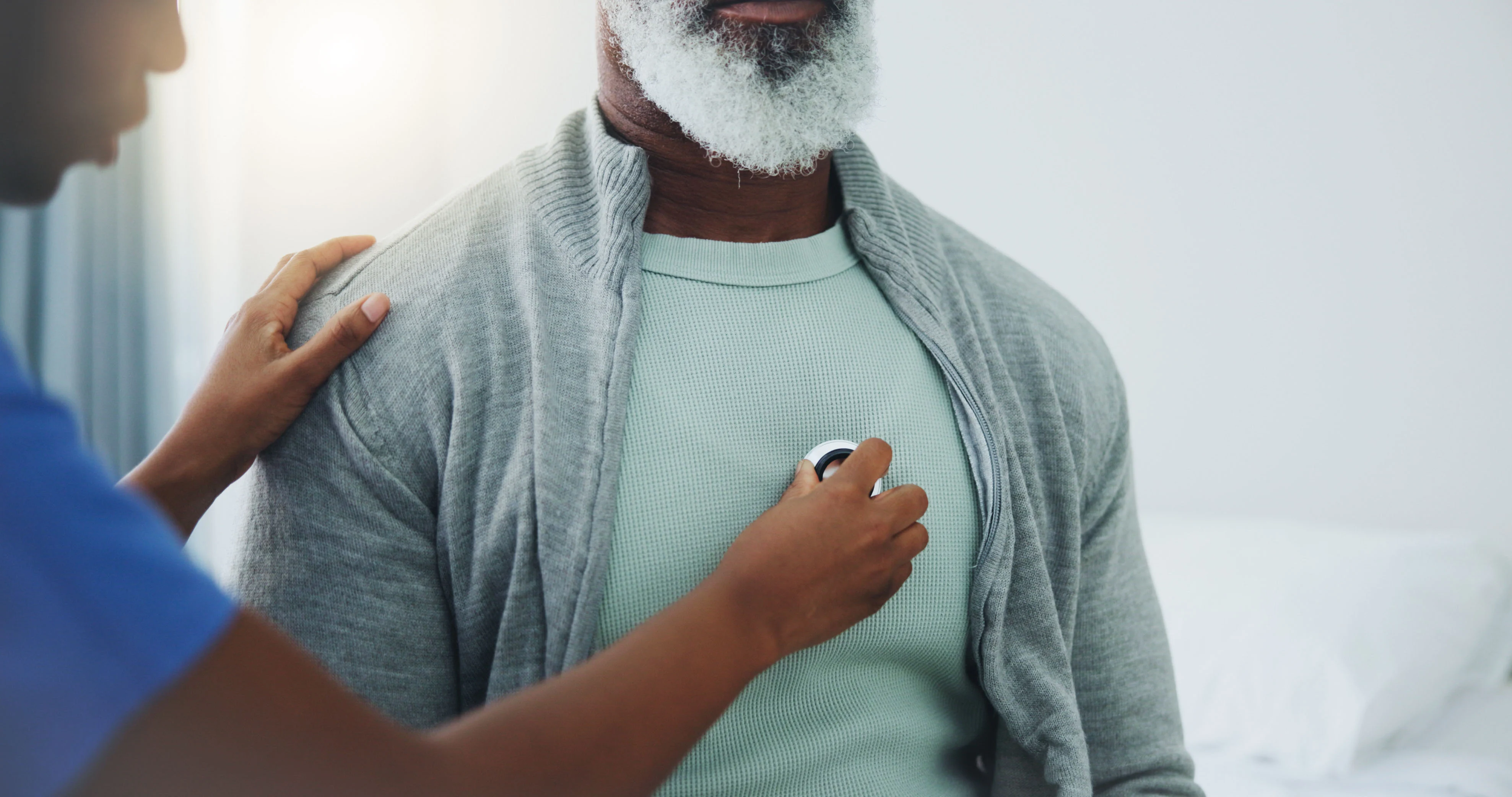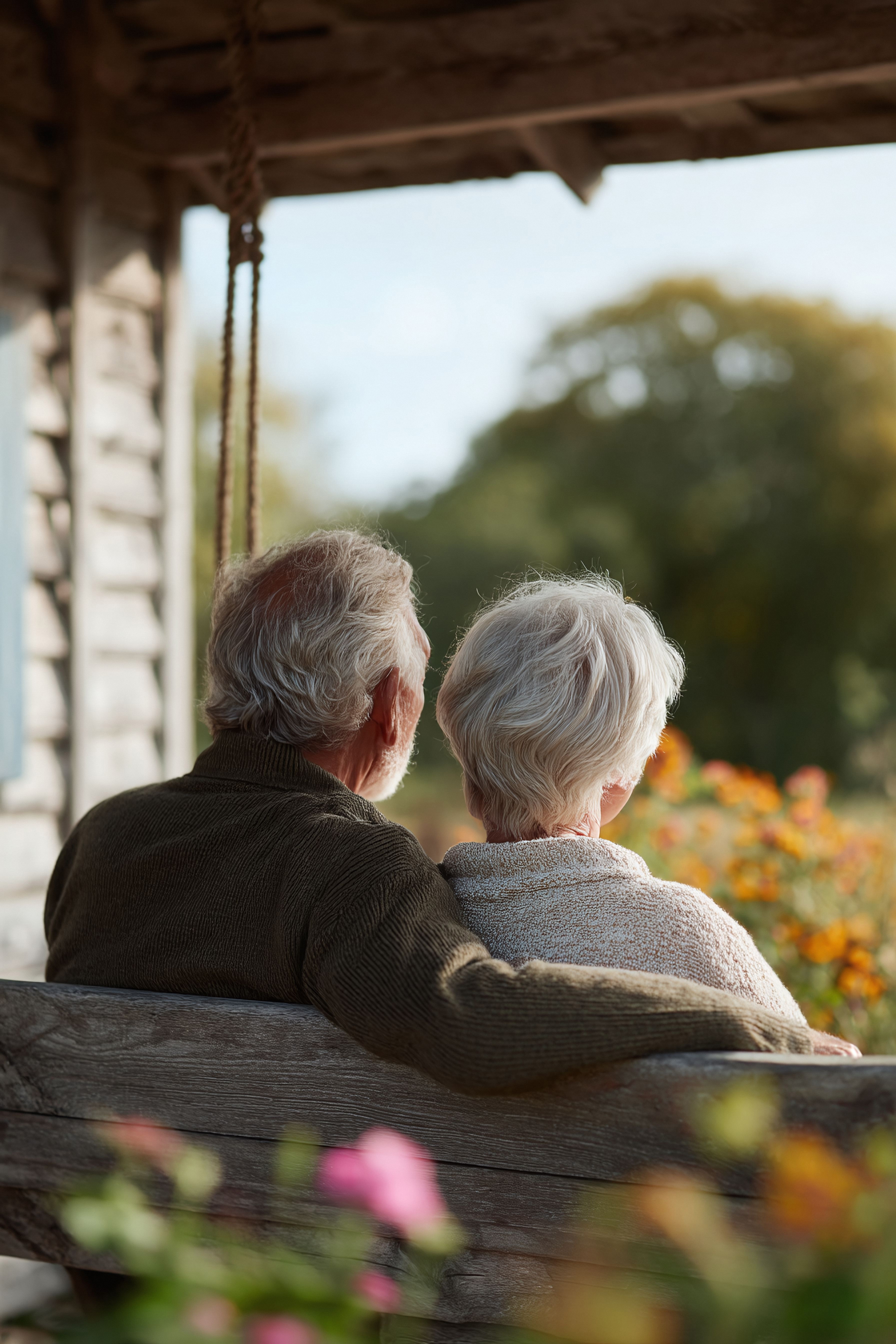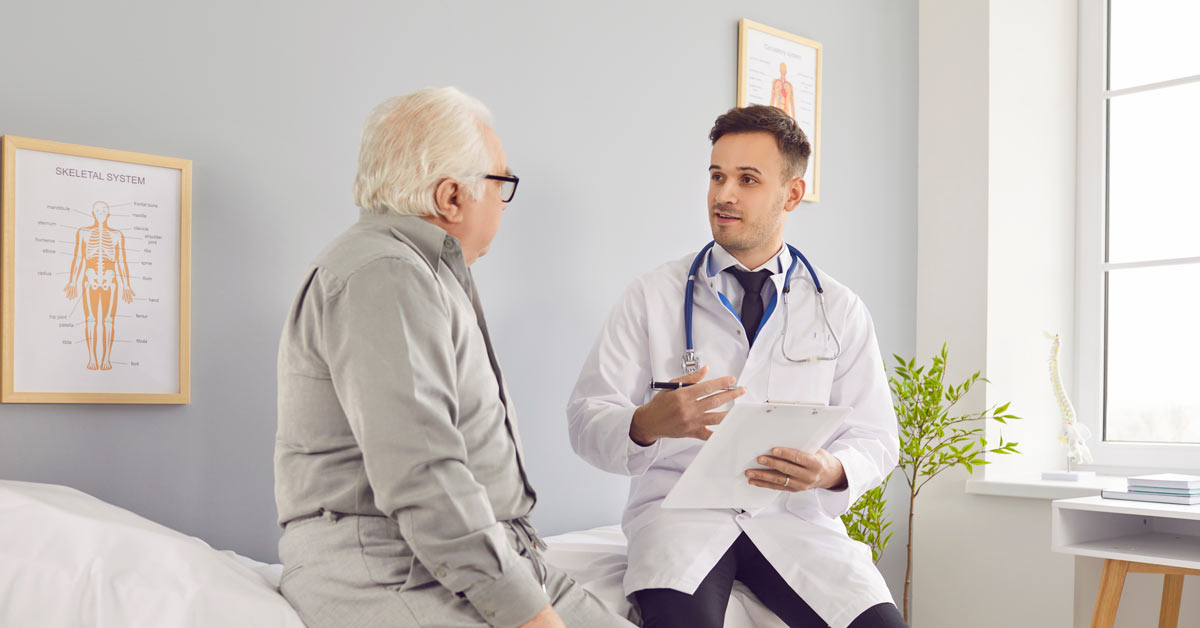Your Doctor May Prescribe This Special Education and Exercise Program to Help You Better Manage Your COPD
If your symptoms of COPD (chronic obstructive pulmonary disease) seem to be getting worse…you find breathing harder during everyday activities…you’re experiencing shortness of breath more often...you’re having more flare-ups…
Your doctor may prescribe pulmonary rehabilitation (also called pulmonary rehab or simply PR).
Naturally, your first question is: what is pulmonary rehabilitation?
Lesley Williams, Apria’s Market Clinical Trainer and respiratory therapist says, “We’re here to answer the most common questions about this important and very effective respiratory treatment for COPD and other chronic lung diseases.”
What is Pulmonary Rehabilitation?
Chronic respiratory conditions such as COPD can weaken lung muscles, making breathing more difficult.
Pulmonary rehab is a program of education and exercise designed to help you better understand your condition to:
- Improve the strength and endurance of your lungs
- Reduce episodes of shortness of breath
- More effectively manage your symptoms
- Allow you to perform daily living tasks such as going out to dinner with your family and friends or doing chores around the house
- Enhance your quality of life
Many pulmonary rehabilitation programs meet 2 to 3 times a week and may last 4 to 12 weeks or more. During this time, the staff monitors your progress and adjusts the program according to your specific needs. The classes are offered in a group setting; you’ll also meet one-on-one with the staff.
Pulmonary rehab is not a cure for COPD or other respiratory conditions. But it may help you have fewer breathing problems. It may also decrease trips to the hospital.
Who Are Candidates for Pulmonary Rehabilitation?
People who have persistent breathing problems due to chronic lung conditions are candidates for pulmonary rehab. These conditions include:
- COPD, including emphysema and chronic bronchitis
- Asthma
- Cystic fibrosis
- Pulmonary hypertension
- Muscular dystrophy
- Interstitial lung disease such as sarcoidosis and pulmonary fibrosis
- Lung cancer
- Lung surgery
- Scoliosis
Pulmonary rehab is more successful when it is started before your condition becomes severe. But it may help you even if you have advanced lung disease.
What Are the Benefits of Pulmonary Rehabilitation?
Studies reveal that nearly all people in pulmonary rehab programs see an improvement in their symptoms. This may result in a variety of important benefits:
- Reduced anxiety and depression
- Less fatigue, more energy
- Increased ability to exercise and perform daily activities
- A sense of empowerment to control your COPD
What Will I Learn in Pulmonary Rehabilitation?
The goal of pulmonary rehabilitation is to educate you on all aspects relating to COPD so that you are better able to control it. These include:
Facts about lung function
You’ll learn how your lungs function, how to recognize a flare-up and manage it, how to conserve energy to avoid shortness of breath, and the importance of medication management.
Exercise
Sometimes, people with COPD avoid exercise due to breathing difficulties. But the right kind and amount of exercise can work wonders: it can improve your heart and lung muscles, increase your energy levels, and help your body use oxygen more efficiently.
Your healthcare team will customize an exercise plan just for you. This may include yoga, treadmill or stationary bicycle, chair aerobics, stretching, or weight training. Typically, you start slowly and then increase your activity level as your strength and stamina improve. You may be surprised at how much more you can exercise after participating in a rehab program!
Breathing exercises
Breathing exercises are a proven way to better manage your COPD symptoms, particularly during flare-ups. These techniques include pursed-lip breathing, diaphragmatic (or belly) breathing, deep breathing, huff cough, and coordinated breathing.
Studies demonstrate that these techniques can help you better manage your breathing and make your lungs work more efficiently.
Nutrition
Being overweight or underweight can affect your breathing. So it’s important to achieve and maintain your ideal weight to improve your overall health.
Pulmonary rehab programs will help you choose the right foods that provide the proper nutrients in the proper amounts. You’ll also learn how to prepare nutritious, delicious meals. A dietitian may also recommend a weight-loss program or supplements to help increase muscle strength.
Emotional and psychological support
Having COPD takes its toll. That’s why many people with this condition often experience anxiety, depression, or other emotional problems.
Most PR programs offer counseling to help you deal with these issues. Lesley Williams adds, “That’s because your emotional and mental health is just as important as your physical health.”
Who Provides Pulmonary Rehabilitation?
You’ll work with a team of pulmonary rehab specialists: doctors, nurses, physical therapists, respiratory therapists, exercise specialists, and dietitians.
Working together, they customize a PR program specifically to meet your needs.
Where Is Pulmonary Rehabilitation Done?
Pulmonary rehabilitation is usually an outpatient program based in a hospital or a clinic.
Some programs also offer PR sessions in the comfort of your home.
Can I Use Oxygen During Pulmonary Rehabilitation?
Yes. You will be assessed by your therapist when you start a PR program to determine how much oxygen you need for different types of exercises. The therapist will then instruct you on how to perform the exercises and assist with using your oxygen most efficiently.
What Is the Cost of Pulmonary Rehabilitation?
The cost depends on your insurance coverage and where you live. However, Medicare may cover PR if you meet certain criteria. Your PR healthcare team will help you determine if you qualify for coverage and what your costs, if any, will be.
Get with the PR Program!
If your COPD symptoms seem to be getting worse, ask your doctor about participating in a pulmonary rehabilitation program. Lesley Williams concludes, “For people who practice what they’ve learned in a PR program, the benefits can last for years!”
References
1. (Updated 2022, November 17). The Basics of Pulmonary Rehabilitation. American Lung Association. https://www.lung.org/lung-health-diseases/lung-procedures-and-tests/pulmonary-rehab.
2. Editorial Staff. (March 14, 2016). How Pulmonary Rehab Helps You Breathe.
American Lung Association. https://www.lung.org/blog/pulmonary-rehab-helps-breathe.
3. (Updated 2022, March 24). Pulmonary Rehabilitation. National Heart, Lung, and Blood Institute. https://www.nhlbi.nih.gov/health/pulmonary-rehabilitation.
4. (Updated 2020, November 18). Pulmonary Rehabilitation: Is It For You? Cleveland Clinic. https://my.clevelandclinic.org/health/articles/8904-pulmonary-rehabilitation-is-it-for-you.
5. Pulmonary Rehabilitation. Medline Plus. https://medlineplus.gov/pulmonaryrehabilitation.html.
6. Lareau SC, Fahy B. Pulmonary Rehabilitation. Am J Respir Crit Care Med. 2018;198:19-20.
7. Hoffman, M. (2021, November 29). What Is Pulmonary Rehab for COPD?
WebMD. https://www.webmd.com/lung/copd/pulmonary-rehabilitation-for-copd.
8. Pulmonary Rehabilitation Program: Overview. Mayo Clinic.
https://www.mayoclinic.org/departments-centers/pulmonary-rehabilitation-program/overview/ovc-20398578.
LEGAL DISCLAIMER: Material in this newsletter is provided for general health education and informational purposes and to provide references to other resources only; it may not apply to you as an individual. While Apria Healthcare believes that the information provided through this communication is accurate and reliable, Apria Healthcare cannot and does not make any such guarantee. It is not intended to be a replacement for professional medical advice, evaluation, diagnosis, services or treatment (collectively, “medical treatment”). Please see your healthcare provider for medical treatment related to you and your specific health condition(s). Never disregard medical advice or delay seeking medical care because of something you have read on or accessed through this website. Reading this newsletter should not be construed to mean that you have a healthcare provider/patient relationship.
Get More COPD Tips: Sign Up For Our Email Newsletters

.png)



